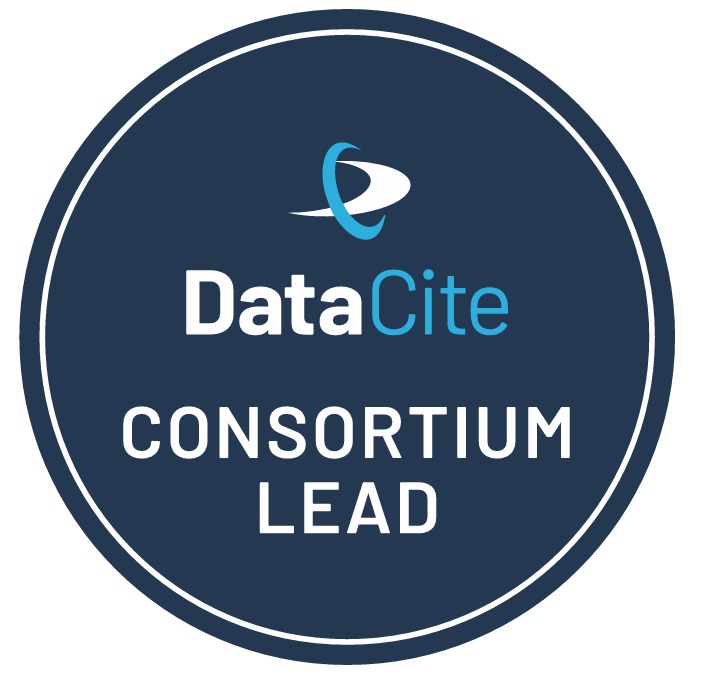We are delighted to unveil a new dedicated series for conference proceedings, showcasing collections of abstracts from specific conferences or symposia across various fields or disciplines. The publication of conference proceedings is a collaborative effort between OICC Press and the conference organising body. The conference organisers furnish the editorial team, associated editor, and editor-in-chief for their Conference Proceeding Issue, with this information featured in the proceeding issue.
Every abstract presented at the event will receive a DOI (Digital Object Identifier) and be included in a proceedings issue hosted on the OICC Press Conference Proceedings Journal website, facilitating easy discovery, referencing, and citation by other researchers.
Aim:
These proceedings aim to disseminate the research presented at conferences to a broader audience, transcending the confines of the event attendees.
Benefits:
Publishing with OICC Press offers numerous benefits, including increased global exposure and enhanced visibility. The conference proceedings issue receives its DOI and webpage, both provided by OICC Press. Each abstract also gets a DOI and webpage with a PDF download format. All pages of the Conference Proceedings Issue will be available indefinitely, ensuring lasting accessibility.
Guidelines and Requirements:
The conference’s scientific committee determines specific guidelines and formatting requirements for abstract proceedings. However, we anticipate the following to be incorporated:
1— Specified minimum and maximum lengths for abstracts.
2— The research was presented succinctly, covering background information, research objectives, methodology, primary results, and their significance.
3— Encouragement for authors to provide a graphical abstract aligned with their written abstract.
4—Follow the abstract format provided by the conference organisers, including font size, style, and margins.
5— Authors should include keywords and main subjects should be included per the conference organiser’s instructions.
6— Inclusion of author information (names, affiliations, contact details, and ORCID).
7— A restricted number of references may be allowed, formatted according to specific guidelines.
8— Clarity and conciseness in language, avoiding jargon or technical terms unfamiliar to all readers. The scientific committee will approve the appropriateness of style and tone for each abstract.
9— The Conference Organiser will provide a Microsoft Word and a PDF format of each abstract in English.
10— Ensuring the quality of content is a top priority for OICC Press, and the Conference Organisation Committee will take all necessary steps to maintain it.
Thank you for considering OICC Press for your conference proceedings. We eagerly anticipate collaborating with you to disseminate valuable research to the broader academic community.
We are delighted to announce that our organisation has taken a significant step forward in research and data sharing by assuming the role of consortium lead for DataCite. This new responsibility is a testament to our dedication to promoting accessibility, discoverability, and the seamless sharing of research outputs.
As the consortium lead, we will advocate for good data management and citation practices. We aim to empower researchers and data creators to use DataCite’s robust infrastructure, ensuring their valuable work is preserved, connected, and readily accessible to the global community.

Please stay tuned for further updates as we embark on this exciting journey to enhance the impact and reach of scholarly research.
One of the influential advantages of ScholarOne Manuscripts is its user-friendly interface, which simplifies the manuscript submission process for authors with intuitive navigation and clear instructions. Authors can easily submit their work, upload files, and track the progress of their submission at every stage. This user-centric approach enhances author satisfaction and engagement, fostering a positive publishing experience. Resources are designed to help authors set up accounts, create and track submissions, and get published via ScholarOne Manuscripts (please have a look at the Author Support page).
Collaboration and communication are vital aspects of scholarly publishing, and ScholarOne Manuscripts facilitates effective interactions between authors, reviewers, and the editorial teams. The platform enables seamless correspondence and real-time notifications, enhancing communication efficiency and reducing response times. Authors can receive updates on their submission status, respond to reviewer comments, and engage in constructive dialogue with the editorial teams, ensuring a transparent and collaborative peer-review process.
By adopting this platform, our journal embraces technological advancements, elevates the publishing experience for authors, reviewers, and editors, and solidifies its position as a leader in the scientific community.